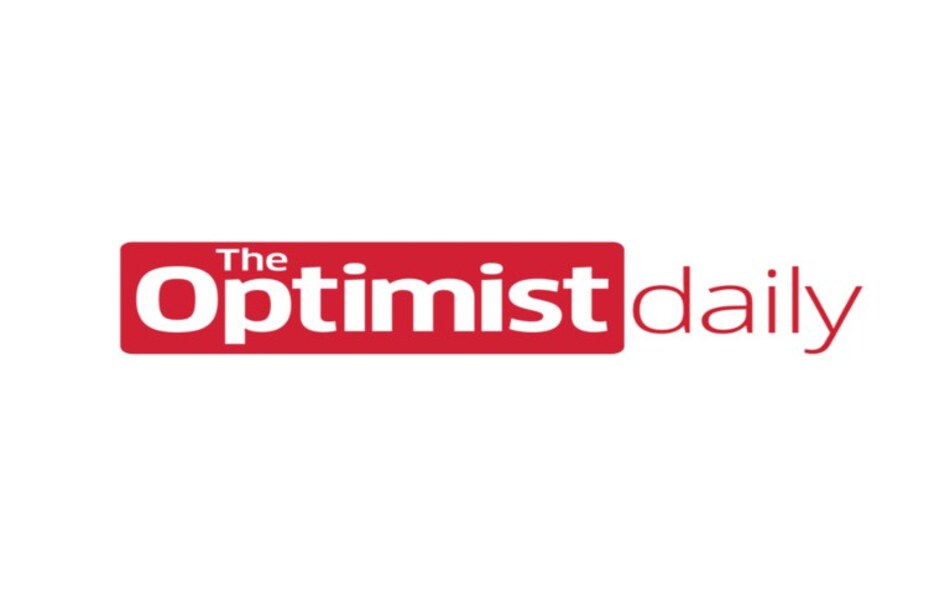In 2013, surfer duo Peter Ceglinski and Andrew Turton developed a device, called Seabin, that could clean waterways on its own. A few years later, the duo had a slightly different vision — to live in a world where there’s no need for its product.
“Our ultimate goal is pretty simple: It’s a world where sea bins are no longer needed for clean up, only for monitoring. And what started out as a garbage can has evolved into this global mission focused on data and behavioral change,” Ceglinski said, speaking at IBM Think Australia and New Zealand last month.
Seabin works like a pool skimmer for the ocean — it sits at the surface of the water sucking in different forms of pollution (including oil) while spitting out clean water through its rear-end. With over a thousand sea bins deployed in marinas across the world, and approximately 35m plastic items collected so far, the Seabin team is now looking at new ways it could use the devices.
“Data is king — it’s not rocket science, we count things, it’s a pain in the ass, to be honest, but it’s worth it. We never had a big pile of money, so we started with paper and pens, manually uploading to a spreadsheet, double-handling everything, but we did what we could,” Ceglinski said.
Now the team plans to through artificial intelligence into the equation to help them collect and monitor the data they collect more efficiently. To do this, the nonprofit has employed 71 volunteers in 19 countries to upload data about plastic pollution.
“From our data program, we know that each day we filter over 500 million liters of water and we capture about 4.2 tonnes of plastic, microplastics, plastic fibers, oil, and more.”
By using their collected data, Seabin hopes to help tackle plastic pollution at the source. With a new mobile app, a dashboard, automated impact reporting, and an interactive web map, the company says it can now collect real-time data via cloud-based IoT capabilities. And soon it will apply AI-algorithms to streamline the data collection and monitoring processes.
The ultimate goal is to help government officials devise policies that can help fix the plastic waste crisis through preventive interventions targeting key pollution hotspots.












